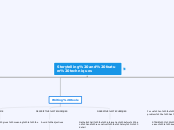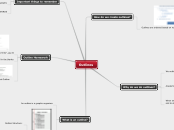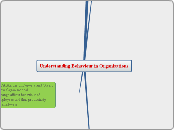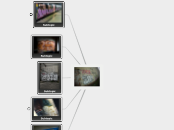Storytelling and feature techniques
NARRATIVE WRITING: Reconstruction of events in a way the reader feels as if he was present
- Dramatic account for a fiction or non-fiction story
- Use dialogue
- The 5 W's
- Who is the character?
- What is the plot?
- When is chronologic?
- Why is motive?
- Where is place?
Serial narratives
Texts written in a chapter form
ELEMENTS
Organize the story
Past and present: What lead to the situation and its current status
Past: development of the situation
Present: return to present
Future: What lies ahead
cliffhangers
A character that deals with a problem
Development of a solution
Resolution
Storytelling structure
WRITING TECHNIQUES
Follow the chronology you established
REPORTING TECHNIQUES
Establish a chronology
Gather detail
Ask questions to reconstruct the event
Focus on the character and the problem he has to overcome
STAGE 1: Give the reader a reason to keep going
STAGE 2: What is the story really about?
STAGE 3: Include evidence
STAGE 4: Give a memorable ending
Writing tools
NARRATIVE TECHNIQUES
Gather all the information before hand and reconstruct the story in detail
Narrative is not fiction, Stick to the facts
Create and atmosphere
Create a tone
Seek fo unusual stories
DESCRIPTIVE TECHNIQUES
Avoid adjectives
Use analogies
Limit physical description
Avoid sexist or racist descriptions
Describe to make the reader feel as if he was present
THEME
Concept that gives meaning to the story
Reporting tools
Write from general to specific
Take notes of the dialogue that may help you
Observe carefully and gather details
Reading to write
Create factual stories written like fiction
Good readers are good writers









